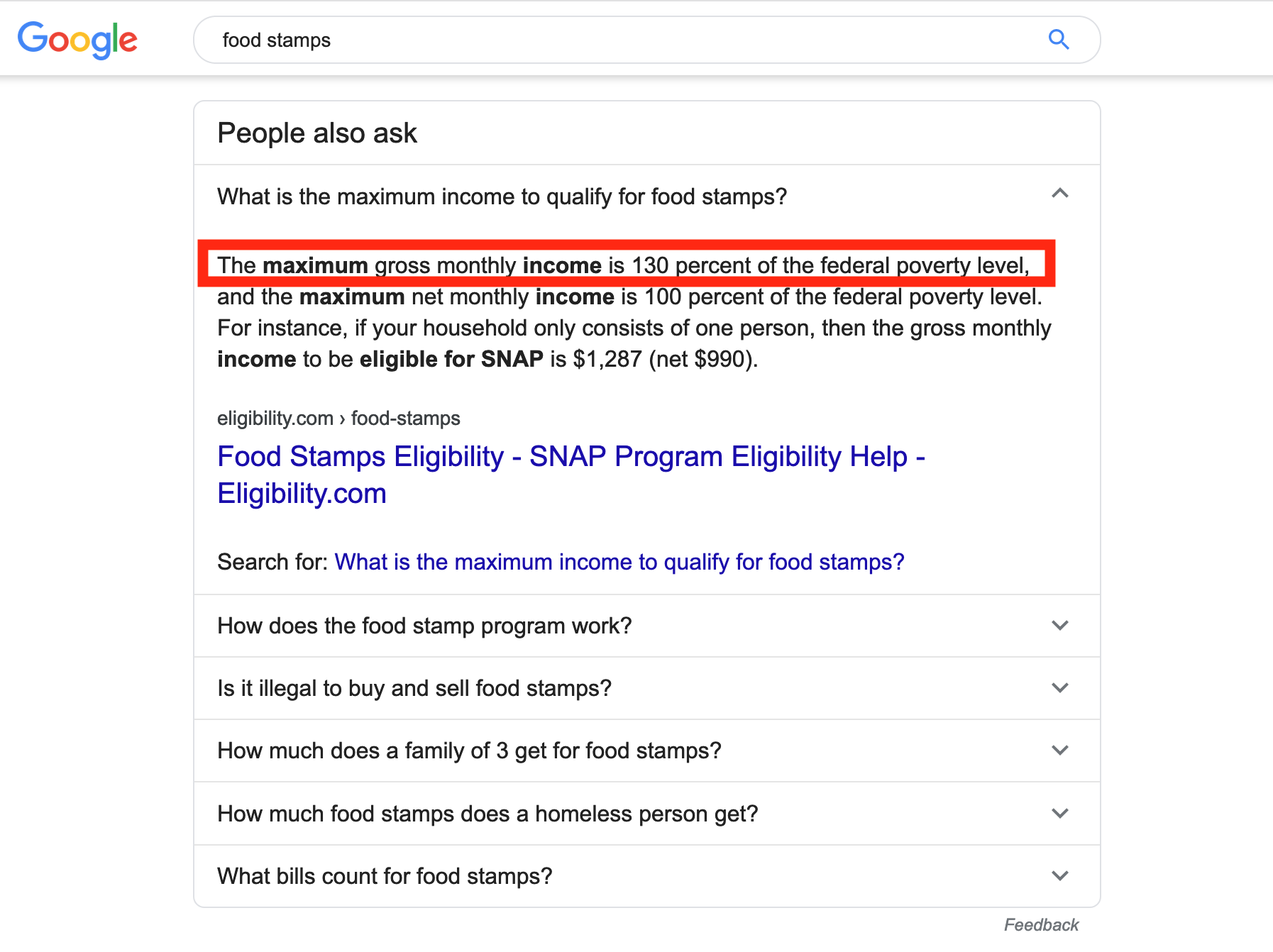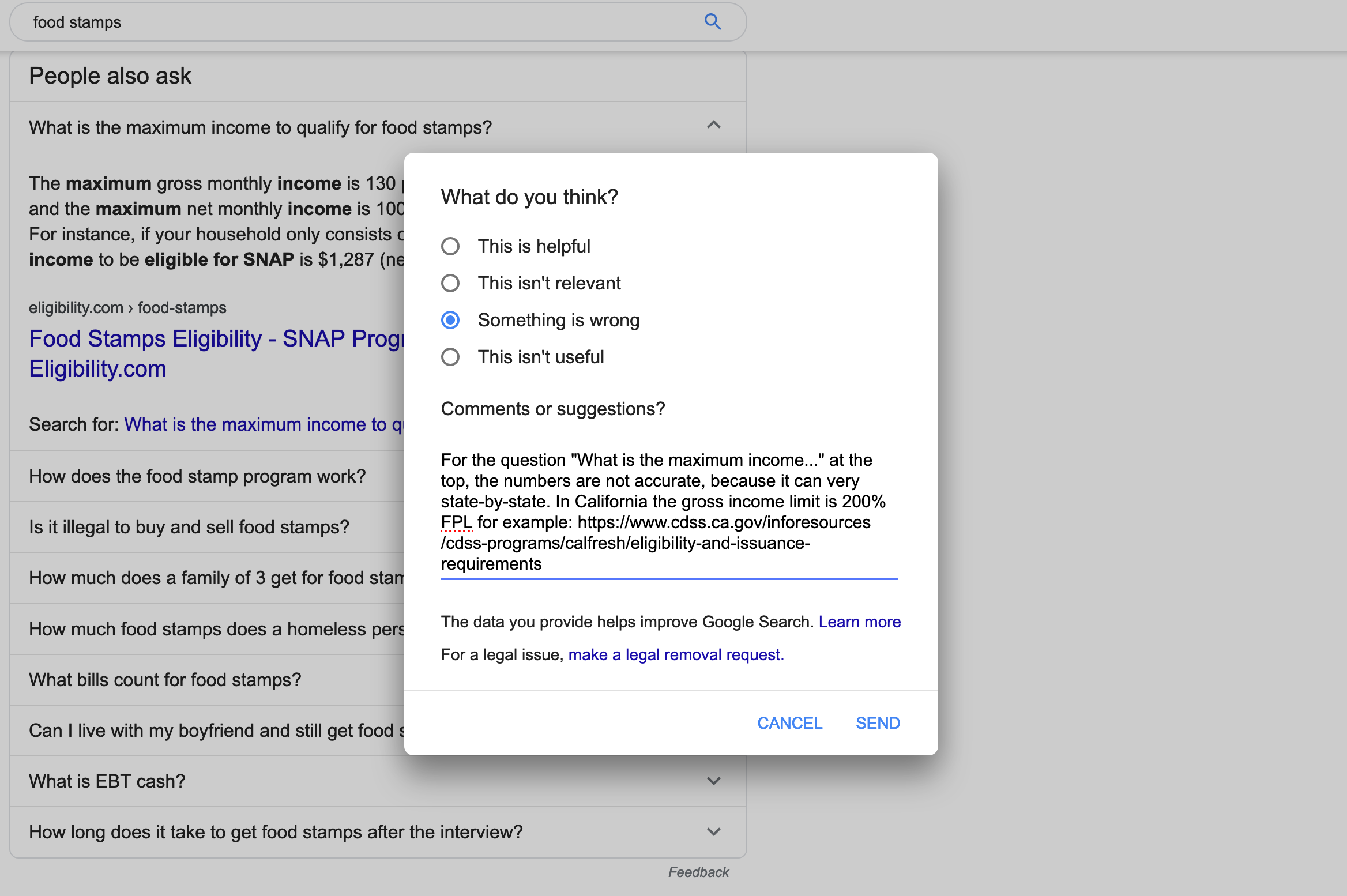Scratch Notes: Late January 2020
03 Feb 2020“Scratch Notes” (?)
First, what is going on here: Some people do weeknotes — regular logs of work and things of interest. I like those! But I don’t find myself personally motivated by a time-based cadence. I tend to hit some critical mass of stuff in my head that I feel some need to get down.
Hence: scratch notes. I’m considering this a low-pressure vehicle for writing in a somewhat longer form than something like Twitter, but impressionistic, and decidedly unpolished. We’ll see! Maybe this will be the first and last one, but doing has always brought the most learning for me anyway.
What I’ve been up to
After 6 years (!), last February I left Code for America. Since then I’ve been rebalancing my life a bit: biking, riding trains, visiting family, taking ample ferries.
Over the past 6 months I’ve also been doing some consulting and contracting, mostly with people/orgs/companies I know.
In November, I also joined Public Digital’s Affiliates Network, which means I’m doing the occasional consulting engagement alongside people whose work founding the UK Government Digital Service I’ve long held high.
I’ve also been spelunking various problem areas I find interesting, building some experimental things, and generally looking for a next big lever on problems I care about. (NB: I’m not looking for a full-time gig right now, but may be doing that in the near future.)
Public Interest SEO
I’ve become very interested in search quality in public interest domains recently. In part this has been catalyzed by some analogous work I stumbled upon in the legal tech space (see below), but really it’s in part because it has the contours of a problem I like: hidden in plain site, fairly technical/measurable, high leverage yet seemingly underpriced (seemingly not a lot of ongoing work in the area.)
For example, if I search on Google for “food stamps” (something I happen to know a lot/too much about) in San Francisco, we get this neat little “People Also Ask” box that answers a question I probably have: What is the maximum income to qualify for food stamps?

Cool! Except… in California the gross income limit is in fact 200% FPL. So the effect of this is that someone very well may think they shouldn’t be applying to a benefit they’re eligible for. Now that’s a bummer!
But let’s not just complain! See that little “Feedback” text in the bottom right? We can actually tell Google what’s wrong:

And for what it’s worth, I have seen this lead to changes in prior reports. But we need more reports!
Now I’ve long known about problems like this, and it’s important not to look at this as a binary: there’s a spectrum of quality problems and their impacts on people.
This one’s not great, but it’s far less bad than, say, a scam site that takes your info (and makes you think you’re applying for food stamps!) which I’ve been reporting to Google about once every 6 months. (And it appears to do something! They lose their visibility then come back with )
But what interests me most about public interest search quality is as follows:
-
Fundamentally it starts with a very tractable monitoring problem: monitoring search results/rank/etc is a highly developed field given SEO’s commercial value. I’m fiddling with some approaches to doing this at scale.
-
It is a huge wedge for directly accessing users: the blunt truth is that, in general, most public interest areas don’t have awesome “official” content by default. Lots of people are working on improving that (e.g., inside govt) but there’s also probably a horizontal role to exist in the space for nudging specific page quality improvements on sites that are already doing a great job from a core content perspective, but don’t have a lot of SEO capacity, and so may lose out right now. In some areas there may even be a space for just pure content generation: Google keywords are, after all, a pretty decent (and highly measurable) gauge of what people are looking for — and what content needs are unmet. What’s most interesting is what you can do when you’re getting a lot of users in a niche…
More to come here hopefully. Other links of note:
- Moz’s Beginners’ Guide to SEO is a superb resource for bootstrapping knowledge of this area
- Margaret Hagan at the Stanford Legal Design Lab has been doing interesting research in this area in the legal search space
Advice and threads to pull here much appreciated! Send me an email.
Legal services technology
I’ve always been interested in legal aid and legal services: it’s the final backstop for a lot of people in very precarious circumstances for whom the system has failed. Absent significantly-better systems, legal aid is often the final recourse for things like appealing a disability determination or fighting an eviction.
It also has many parallels to the public benefits world I’ve been working in the past many years:
- A structually-underresourced system: half the low-income Americans who approach an LSC-funded legal aid group will receive limited or no services due to lack of capacity)
- Administrative burdens: complex rules, overwhelming forms, legalese language are all barriers for average people substantively accessing the justice recourse to which they’re entitled
- An eye towards tech to deal with these: the Legal Services Corporation funds technology grants at legal aid orgs, in part (I presume) acknowledging that some types of automation/efficiency/usable DIY options are necessary if the access gap is to be closed
I was lucky enough to be able to make my way to this year’s legal aid technology conference in January (HT Toma) speaking on a very practical panel doing “user experience teardowns” of legal apps (more here).
In some ways the area seems an extreme case of the same maladies that affect government & public interest as they relate to technology more generally. Whereas in other domains the problems may be at a simmer, in a context where legal aid orgs are so strapped, they’re every day turning away loads of people in need (with stats like 86% of the need unmet) , the unacceptable nature of the status quo — and the need to push, even into uncomfortable terrain — seems much clearer.
Heck, the opening remarks even included this line!
Of one thing I’m certain: An innovation initiative led by lawyers is an oxymoron. Lawyers are not good at innovation. They are too risk-averse, self-protective, prone to focusing on problems, and too wedded to precedent to be able to drive change at scale.
Misc notes related to this:
- The Stanford Legal Design Lab is doing lots of interesting work in this space. See for example their work on design in the evictions process
- Upsolve is a self-service DIY bankruptcy app
Administrative burdens in the NY Times
Emily Badger and Margot Sanger-Katz have a very neat interactive on the New York Times site, very explicitly (look at the URL!) informed by the great work of Pamela Herd and Don Moynihan on administrative burdens.
Take a look and do the quiz. It’s neat.
That said, what do I wish it did a bit differently? I believe much more in show, don’t tell. While taking a quiz about your postal mail habits may be useful, it’s not the same as showing the really-existing ground truth.
For example, New Hampshire Public Radio had this great piece back in June that wasn’t abstracting it: it had screenshots (from a legal aid org!) showing how a user could not actually meet the requirements on the website.
The power of this is that, while electeds may disagree about whether work requirements should exist in Medicaid… probably no one thinks it should be impossible to use the web site. (For another example, in Arkansas — also pursuing work requirements — the web site shuts down every night.)
The “show don’t tell” rule sticks with me to this day. It’s why (many moons ago) we did a thing called CitizenOnboard, which still makes the rounds! It’s quite simple: showing how things are. But, honestly, it’s surprising how often that very basic dimension goes unaccounted for in public decisionmaking processes.
(I have a longer rant about how we need to make “experience” legible to the policymaking process, but that’s for another day. Moynihan and Herd’s book Administrative Burden has done a lot in that translation area, but much more is needed — with all the caveats that legibility is a fundamentally lossy filter that will never capture everything.)
Misc things
- Monoliths are the future: a view I wholeheartedly endorse.
- An experiment finds EITC outreach/awareness isn’t sufficient
- Once-weekly “tech shabbats”: been trying this, and it is good
- “Say Nothing”: I loved this book on Northern Ireland’s struggles reconciling the history of violent conflict
That’s it! If this catalyzed any thoughts for you, send me a note.